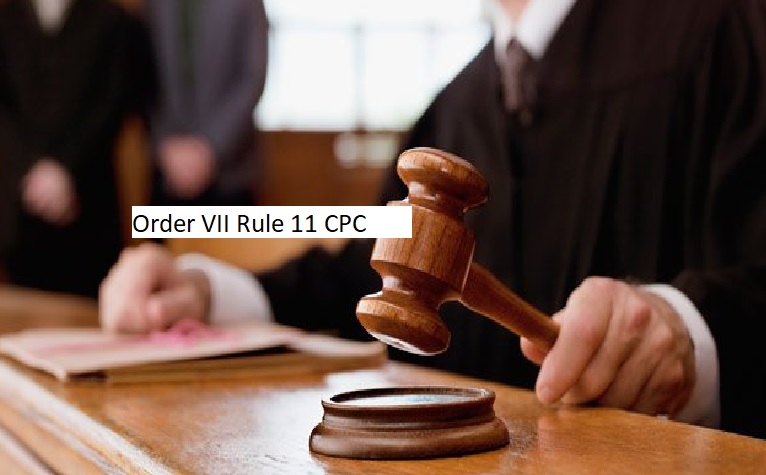


On November 30, the Supreme Court emphasized that when deciding the rejection of a plaint application under Order VII Rule 11 of the Code of Civil Procedure, 1908 (C.P.C.), no examination of evidence or merits of the controversy should occur. This rule outlines grounds for rejecting a plaint, and the Court, in its recent ruling, underscored that the court's focus should remain on the averments in the plaint itself.
Justices Vikram Nath and Rajesh Bindal, in support of their observation, referred to various judgments, including the case of Kamala and others v. K. T. Eshwara Sa and others (2008) 12 SCC 661. In this precedent, the court emphasized that only the averments in the plaint are relevant for invoking clause (d) of Order VII Rule 11 C.P.C. No addition or subtraction to these averments is permissible, and no evidence should be considered at this stage.
Clause (d) of Order VII Rule 11 C.P.C. allows the rejection of a plaint when "the suit appears from the statement in the plaint to be barred by any law." The remedy under this rule is an independent and special one, enabling the court to summarily dismiss a suit at the outset if it finds grounds for termination without going into the merits or recording evidence.
The Supreme Court's ruling arose from an appeal against an order by the Allahabad High Court in its review jurisdiction. The impugned order had allowed the rejection application filed by Ashok Vidyarthi, resulting in the dismissal of a suit by Eldeco Housing And Industries Limited.
The case involved a Memorandum of Understanding (MOU) between the parties for the sale of a disputed property, acknowledging ongoing family litigation over the property. The sale deed was contingent on the resolution of this litigation. Despite the property dispute's resolution in 2015, the appellant filed a suit for specific performance in 2017. However, respondent No. 1 invoked Order VII Rule 11(d), arguing that the relief sought was available in the earlier suit for injunction, precluding a fresh suit under Order II Rule 2 of the C.P.C.
Order II Rule 2 requires a plaintiff to include their entire claim related to a specific cause of action in one lawsuit. Failing to do so, the plaintiff cannot file a separate suit for the omitted part without the court's permission. The Court, after considering precedents and the timeline of events, noted that the Supreme Court had resolved the ongoing litigation in 2015, crystallizing the vendor's rights. The suit for specific performance in 2017 was filed based on the appellant's awareness of the litigation's conclusion.
Additionally, the respondent claimed that an agreement executed in 1998 allowed the appellant to seek a refund if the ongoing litigation wasn't decided within a year. The appellant's notice seeking a refund in 2001, according to the respondent, barred the subsequent suit for specific performance under Order II Rule 2 CPC.
In conclusion, the Supreme Court clarified the limited scope of examining evidence or merits when deciding the rejection of a plaint, emphasizing the importance of adhering to the grounds specified in Order VII Rule 11 C.P.C. The ruling addressed the specific facts of the case, including the timeline of events and the applicability of Order II Rule 2 in the context of the appellant's claims and actions.
TAGS: Supreme Court Order VII Rule 11 CPC rejection of plaint no examination of evidence merits of controversy Justices Vikram Nath Rajesh Bindal